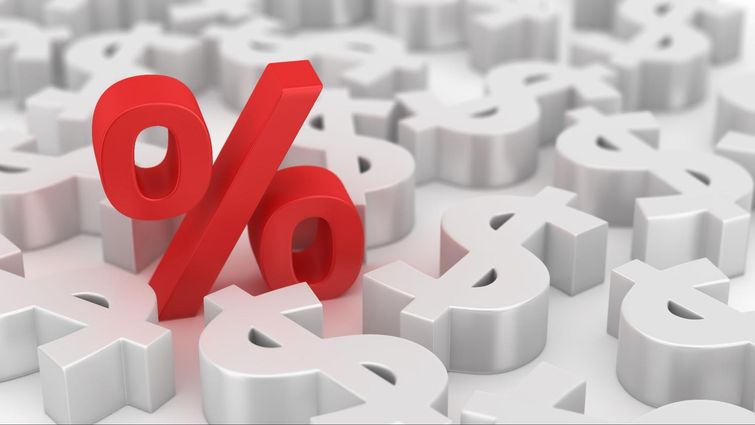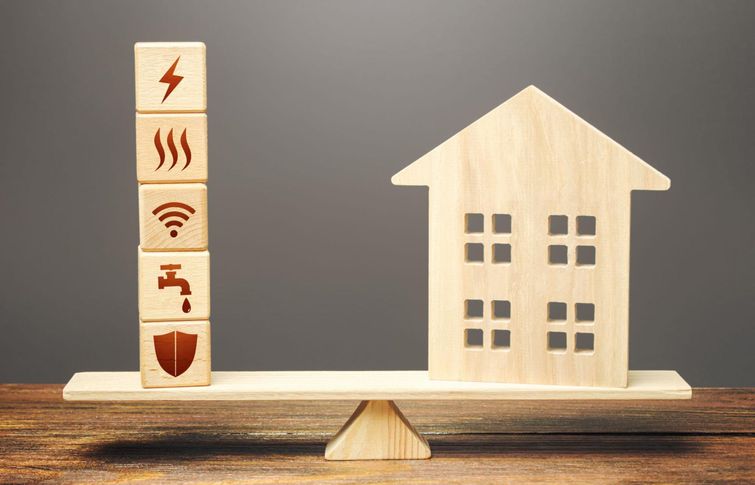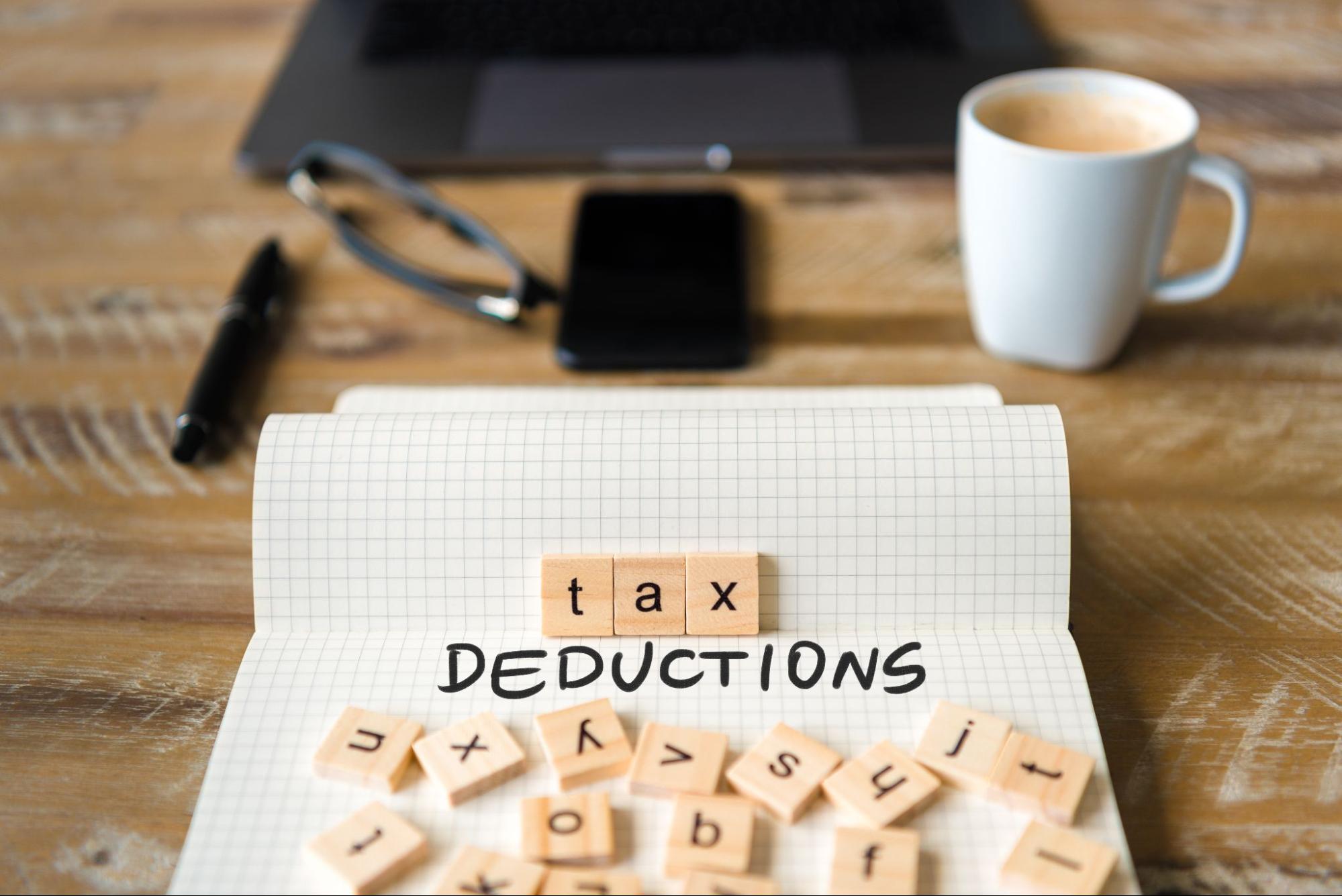If you own a rental property, you are (hopefully) collecting some amount of regular income from your tenants. At the same time, you may also be spending money on your rental property through a mortgage for maintenance purposes or home improvements.
Any successful rental investor will have to learn a thing or two about accounting, and a major component of that will involve taxes. As with any investment, there are certain tax considerations you need to be aware of when renting a property you own. Be it a single room in your principal residence or a portfolio with dozens of doors, the Canada Revenue Agency counts any money you make as income, which will need to be taxed as such.
At the same time, there may also be opportunities to write off certain expenses related to your rental property to reduce your amount owing. Knowing your tax options and obligations when owning a rental property is crucial. On the one hand, it can save you from making tax mistakes that can draw the attention of a potentially costly CRA audit, but on the other hand, it can help you earn back some extra money on your taxes if you know where to look.
In this article, we will explore the tax implications of operating a rental property and explore the various expenses that can be – and can not be – deducted from your income tax.
Is rental income taxable?
How your rental income is taxed will depend on how the money is collected. For an individual owner, the income is simply taxed at their applicable marginal tax rate. For partnerships, each partner is taxed at their own tax rate for their portion of the income.
Rent collected by a business will be taxed at the appropriate business income tax rate based on the business in question. If you are operating a rental business, we assume you have some business accounting knowledge or a person who handles these responsibilities. For the purpose of this article, we will primarily be focusing on individual ownership of rental properties.

How does filing rental income work?
As an individual, your rental income will be reported along with the rest of your income and expenses during tax season. When claiming rental income, you must submit a T776 form, on which you will declare your rental properties and applicable incomes. The various lines on this form will also help you calculate your total rental income or loss, beginning with your gross rental income and then subtracting relevant expenses. We will cover these deductions in more detail shortly, including what can and can not be deducted.
What if I have a rental loss?
It is possible that your rental property may lose money over a given tax year. This may be due to a lack of tenants, a significant maintenance expense, or other factors. You often take a loss for one year to continue earning more in subsequent years.
Luckily, depending on the expenses, you may be able to deduct some of this loss against your other sources of income. In particular, expenses incurred to create profit (e.g. costs to keep your rental in rentable condition) or uncollectible debts such as late rents may be deductible from your taxes.
Deductions you can make to rental income
Like any other business, you will often need to spend money to make money in rentals. Luckily, the CRA allows landlords to make a range of deductions based on rental expenses. In this section, we will go over some of the ways you may be able to reduce your taxes through rental income deductions.
Each deduction available for rental income is given its own line on the T776 form to help you easily keep all your deductions and income in one place. Still, it’s important to understand how these deductions work, as not everything is fully deductible in all cases.
A note on current expenses and capital expenses
Before you start deducting expenses from your rental income, it is essential to know the distinction that the CRA makes between current and capital expenses. This is relevant because the type of expense will determine when you can deduct each expense.
A current expense is considered a recurring expense that restores or maintains the state of a property. This could include repairs and maintenance or things like house painting. You can deduct your current expenses in the year they are incurred.
A capital expense is any expense that provides a lasting benefit or improves the property’s value above its original level. This could also include costs incurred to enhance the property for sale. In general, you won’t be able to deduct these entire expenses in one year but may be able to spread them out over several years in accordance with Capital Cost Allowance (CCA) rules.
Advertising
A landlord can deduct any expense associated with advertising their property to potential tenants. This may include television, radio, print, and online, as well as finder’s fees.
Insurance
If you have a rental property, you probably have a landlord insurance policy and/or a . Property owners can deduct these insurance premiums for the year they are incurred. If you pay premiums for multiple years, you may only deduct the portion of the total for the year you are filing taxes.
Interest
There are a few different interest fees you can deduct from your taxes.
For example, while you can’t deduct the principal of your mortgage, on your mortgage. In addition, you can deduct a range of fees related to securing your mortgages, such as mortgage applications, appraisals, insurance, brokerage fees, and more.
You can also claim interest on any money borrowed to improve the property and any interest paid to tenants for rental deposits.

Professional fees and legal fees
You may deduct expenses for any professional and legal fees incurred through the operation of the property. For example, if you work with a lawyer to prepare a lease or collect overdue rents, these costs are deductible. Other expenses may include bookkeeping services, audits of records, and preparing financial statements.
Management and administration fees
If you hire a management company to manage your property, you can deduct this expense. In addition, if you hire a tenant agent to collect rents or find new tenants, this cost is also deductible.
Repairs and maintenance costs
The cost of materials and labour for minor repairs may be deducted from your income tax. However, the cost of your labour is not considered deductible, only what you pay to others.
Property taxes
may also be deducted from your yearly taxes. Keep in mind that if you only rent out a portion of your home, you can only deduct a portion of your property tax. The same is true if you only rent your home for part of the year. For example, if you rent out a quarter of your home’s space, you can only deduct a quarter of your property taxes.
Utilities
If you pay the , you can deduct this amount from your taxes. However, you can not deduct these costs if your tenants pay this amount.

Other expenses that can be claimed
Other expenses that may be eligible to be deducted from your taxes include office expenses, salaries and wages, travel, motor vehicle expenses, landscaping, and condominium fees.
Expenses that can not be deducted on rental properties
Though many deductions are available for rentals, not everything will be deductible. Some of these non-deductible expenses include:
- Land transfer taxes
- Mortgage principal
- The value of your own labour
- Tax penalties
Conclusion
Hopefully, you now have a pretty good understanding of your responsibilities when it comes to taxes on rental income, as well as the things you can and can not deduct. By observing these deductions, you can save a lot of money on your yearly taxes.

However, it isn’t always easy to make the most of your tax potential, especially with the confusing rules. On top of having strong record-keeping practices that will help you keep track of and prove your deductions, it is highly recommended to consult the help of an accountant or tax professional before you attempt to claim any deductions. Their professional services will save you a lot of time, protect you from mistakes, and potentially earn you much more money back in deductions.
Corben joined CREW as a relative newcomer to the field of real estate and has since immersed himself and learned from the experts about everything there is to know on the topic. As a writer with CREW, Corben produces informative guides that answer the questions you need to know and reports on real estate and investment news developments across Canada. Corben lives in Guelph, Ontario with his partner and their two cats. Outside of work, he loves to cook, play music, and work on all kinds of creative projects. You can contact Corben at corben@crewmedia.ca or find him on Linkedin at https://www.linkedin.com/in/corbengrant/.









